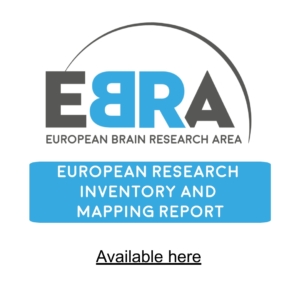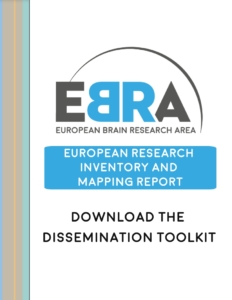The EBRA European Research Inventory and Mapping Report provides insight into the brain research activities funded at the European level within the EU framework programmes FP7 and Horizon 2020, as well as the funding initiatives of the EU Joint Programme – Neurodegenerative Disease Research (JPND), ERA-NET NEURON and the Human Brain Project.
The primary aim of this mapping exercise was to provide an overview of the current state of brain research in Europe and which areas within brain research, if any, are the focus in Europe. The mapping exercise analysed this brain research portfolio in such a way that solid conclusions on the gaps, priorities and innovation in brain research could be drawn and will be used to establish the Shared European Brain Research Agenda (SEBRA).
How much has European Commission allocated to brain research?
From 2007 to 2019, the European Commission and leading European brain research initiatives have allocated €6 billion to about 4,000 brain research projects, an average of €500 million per year. From 2008 to 2012, an average of 400 million was invested per year, increasing between 2014 to 2018 to 550 million, marking a steady growth.
Is this enough?
Constant support and increased investment in brain research are still vital. Despite enormous scientific and clinical efforts, the challenges in the brain space are tremendously spurred by a high prevalence of brain disorders and increasing disease burden.
What more should be done?
The EBRA Mapping Report highlights the need for efficiency in funding brain research: budgets should be allocated in such a way that allows brain researchers to deliver high quality research and support of initiatives that aim to reduce fragmentation, and collaboration and cooperation should be prioritised.
In what areas should funding be prioritised?
Funding is needed for all areas of brain research. In addition, the EBRA mapping report highlighted a number of aspects requiring increased attention: the importance of animal models, increasing public patient engagement and encouraging and enabling data sharing.
How do we ensure, going forward, that brain research is prioritised in Europe?
A brain health partnership in Europe should be a common goal to prioritise and ensure brain research is recognised as an urgent need and that the maximum impact and benefit of research breakthroughs reach society.







